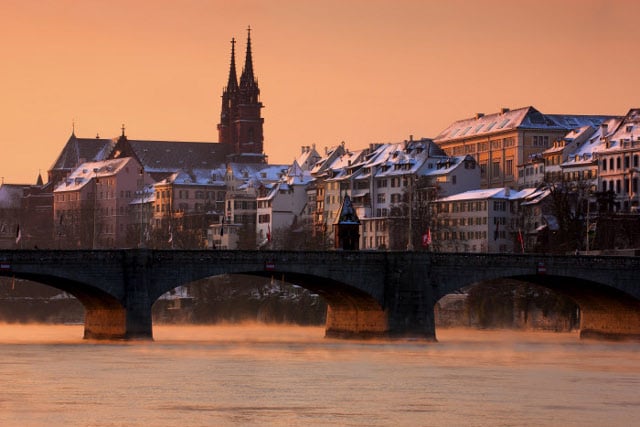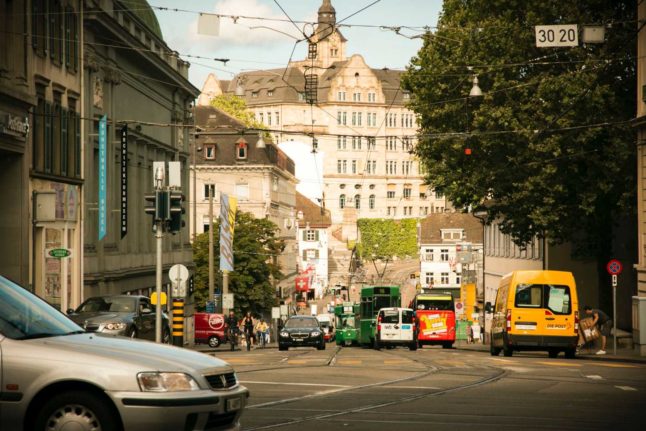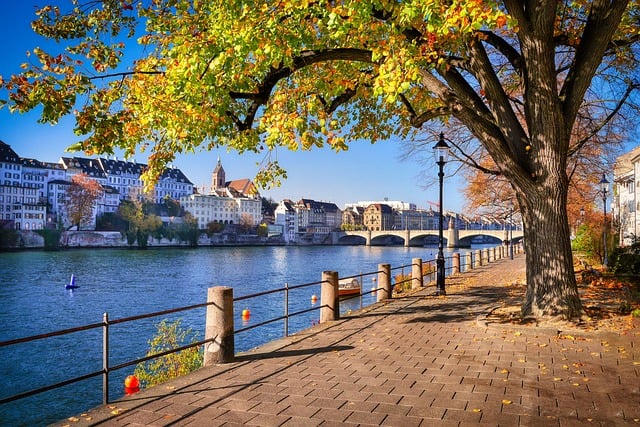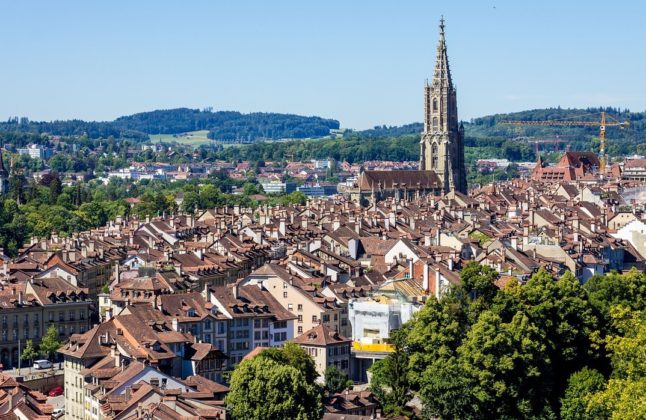
QUALITY OF LIFE
Survey: Swiss cities offer world-leading quality of life
Three Swiss cities offer expats a quality of life that ranks among the world’s ten best, according to a survey.
Published: 14 March 2017 09:40 CET

Basel debuted in the list in tenth place. Photo: Andreas Gerth/Swiss Tourism
The Mercer Quality of Living survey 2017 saw Zurich retain second place below Vienna, which took the top spot for the eighth year in a row.
Geneva placed eighth, the same as last year. Basel, included in the rankings for the first time, placed joint tenth with Sydney. Auckland, Munich, Vancouver, Dusseldorf, Frankfurt and Copenhagen made up the rest of the top ten.
The Swiss capital Bern ranked just outside, at 14th.
Conducted by global consultant Mercer, the annual survey, now in its 19th year, enables multinationals to judge where to locate their businesses and how much they should pay expat workers.
This year’s study ranked 231 cities worldwide according to their living conditions, based on factors including the political and social environment, education and health standards, the economy, provision of public services, housing and the natural environment
Even with political and economic turbulence, Western European cities continue to enjoy some of the highest quality of living worldwide, Mercer said in a statement.
Most European cities remained stable in the survey apart from Brussels (27th), which fell six places because of terrorism-related security issues, and Rome (57th), down four due to waste removal problems. Istanbul also fell 11 places to 133rd as a result of the political turmoil in the country in the last year.

In a separate ranking Mercer also assessed city infrastructure, considering factors including access to transportation, international airports, reliable electricity and drinking water.
Perhaps surprisingly given its good reputation for infrastructure, Switzerland fared less well in this ranking. Zurich dropped to ninth in a list headed up by Singapore, Frankfurt and Munich.
Url copied to clipboard!




 Please whitelist us to continue reading.
Please whitelist us to continue reading.
Member comments